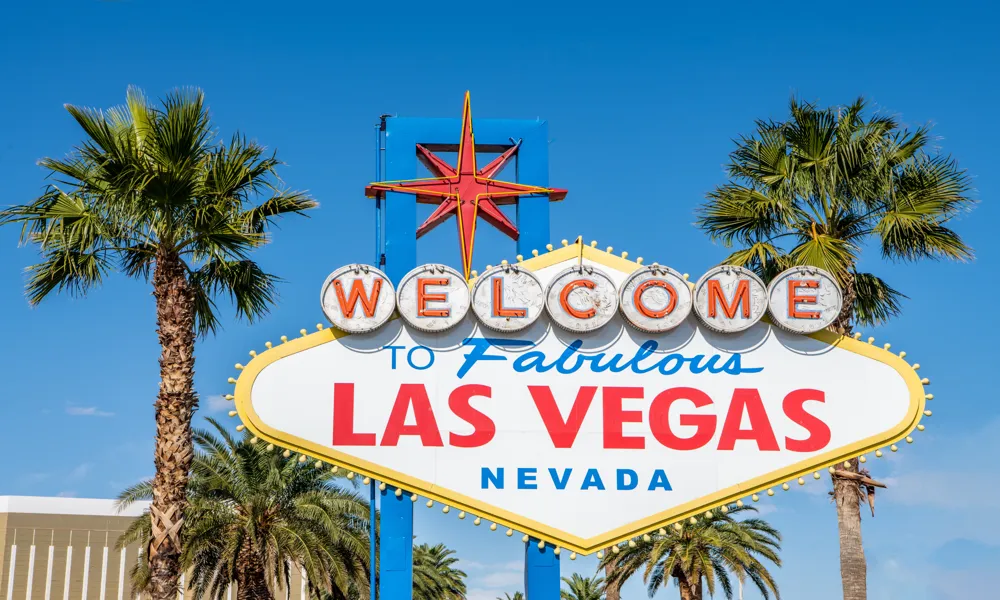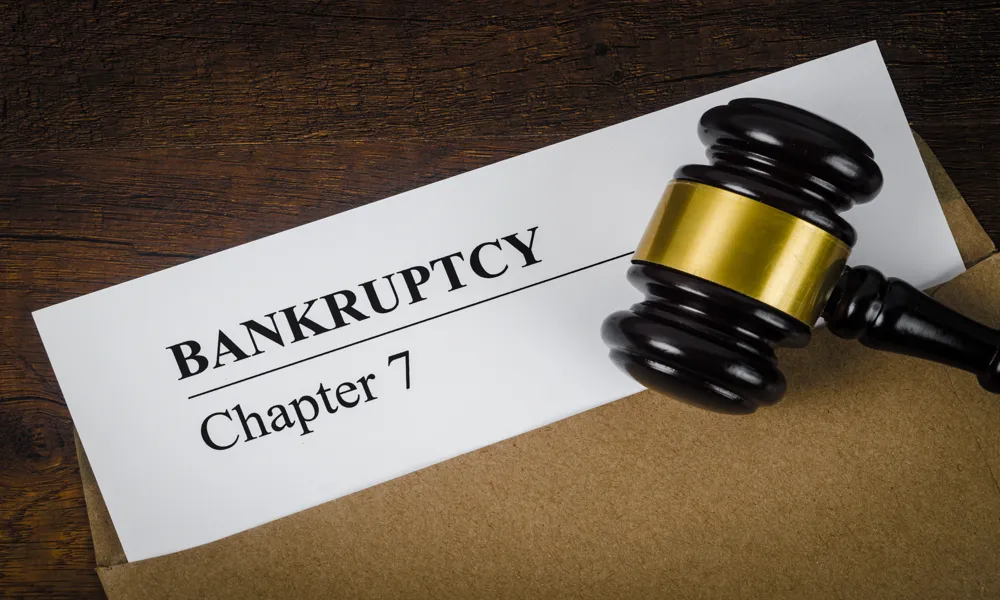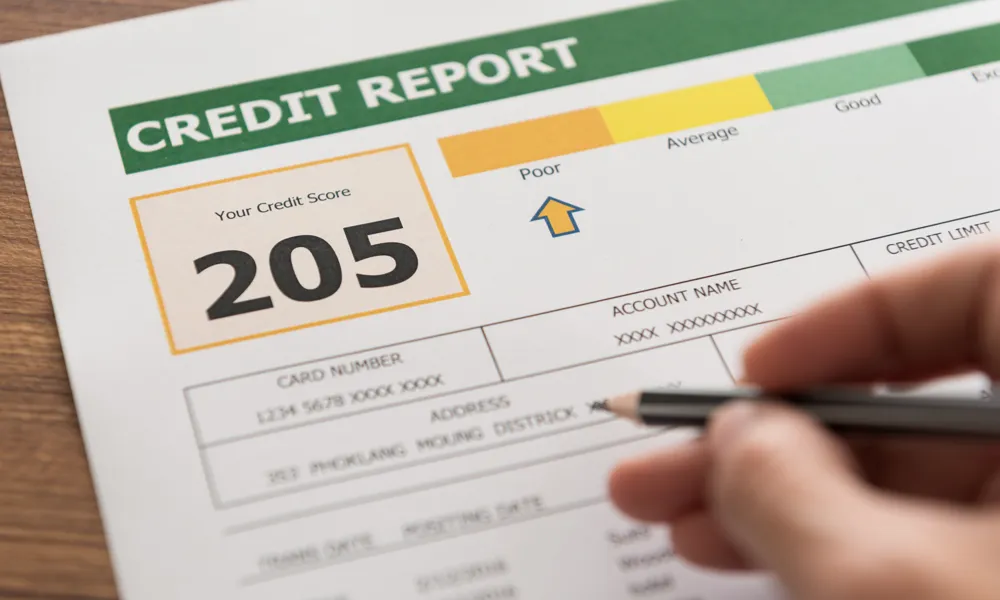
Free Consultation
(702) 565 3060

If you are in a bad financial situation, you must not lose hope. The only thing a tough financial state calls for is strategic decision-making, which may include filing a Chapter 7 bankruptcy. However, to make sure bankruptcy filing works in your favor by getting rid of overwhelming debt, you need an experienced bankruptcy attorney on your side.
That’s where the team at Rodney Okano Law Office comes in; with over 20 years of experience in Las Vegas bankruptcy law, you will work with the best Las Vegas bankruptcy attorneys to achieve full debt relief, whether credit card debt, tax debt, medical debt, or other personal debt our team of Las Vegas bankruptcy attorneys will end the creditor harassment, fight to keep your property, and help you achieve financial freedom through our excellent legal services.
If you have unsecured debts in Las Vegas and looking to file a Chapter 7 bankruptcy, contact a Las Vegas bankruptcy lawyer at the Rodney Okano Law Office by scheduling a free consultation by calling (702) 565-3060.

A Chapter 7 or liquidation bankruptcy. This is a legal mechanism that allows individuals or businesses to discharge outstanding debts by selling non-exempt assets.
In short, a Chapter 7 bankruptcy is a trade-off designed to eliminate unsecured debt to those with financial burden.
Determining the right time to file a Chapter 7 bankruptcy is a crucial decision, one that can determine the course of your financial freedom.
We understand individual circumstances vary, however, there are common scenarios where you should start the filing process.
Unsecured debts – If your situation has you drowning in debts such as credit card debt, medical bills, or personal loans, and your current income is not sufficient to follow the repayment plan, filing for bankruptcy may be a strategic move to stop creditor harassment and become debt-free.
Threat of Legal Action – If certain debts are causing creditors to harass you, threatening legal action, or initiating wage garnishments, then filing for a Chapter 7 bankruptcy will trigger an automatic stay putting all legal action against you to an immediate halt.
Assets Fall Into Exemptions – If you have overwhelming debt and are looking to file for bankruptcy, a Chapter 7 may be best for you if your assets largely align with the exemptions as a Chapter 7 bankruptcy involves the liquation of non-exempt assets and you may stand to benefit without sacrificing significant property.
Qualification Criteria Met – Chapter 7 bankruptcy in Nevada comes with a means test that assesses your income in relation to the median. If you qualify, it may be the best option when filing for bankruptcy.
Making the decision to file for Chapter 7 is not one to be taken lightly or rushed. We recommend consulting with an experienced bankruptcy attorney at Rodney Okano Law Office, as we’ll help you evaluate your unique circumstances, explore alternatives, and guide you through the bankruptcy process with expertise.
The only goal of our Las Vegas bankruptcy attorneys is to achieve peace of mind and full debt relief for every one of our clients. If you’re in the process of filing bankruptcy in Las Vegas and need a skilled bankruptcy lawyer, contact us today at (702) 565-3060.
The means test stands as a gatekeeper from filing a Chapter 7 bankruptcy in Las Vegas, determining eligibility for individuals seeking a fresh start through liquidation. In Nevada, the means test is a crucial step in the bankruptcy process, and outstanding is crucial for those looking to start the bankruptcy filing process.
The first step of the means test is to determine the person in debt median income. This process is done by comparing the debtor’s debtor’s average monthly income over the six months preceding the bankruptcy filing to the median income for a household.
According to the U.S. Department of Justice, to pass the means test, the household income must be under
$58,700 – For 1 person
$70,353 – For 2 people
$80,200 – For 3 people
$88,840 – For 4 people
If you are below the income median for your household size, you can typically qualify for Chapter 7 without further means testing and start a path to debt relief.
However, if your income income exceeds the median for your household size, additional calculations are made to determine disposable income. Various allowable deductions are subtracted from the income to arrive at the disposable income amount.
Throughout the means test process, it’s highly advisable for individuals to consult with an experienced Las Vegas bankruptcy attorney, as they can help navigate the complexities of the means test, ensure accurate calculations, and explore any potential adjustments or exemptions that may apply to the specific circumstances of the debtor.

With filing for bankruptcy via Chapter 7 and seeking a financial reset, it’s important to understand the key exemptions that play a pivotal role in preserving your assets.
Nevada’s homestead exemption allows those in debt to protect up to $550,000 in property equity. This allows your financial affairs to not ruin your place of living.
The Nevada motor vehicle exemption will protect up to $15,000 of the equity in your car and $30,000 if you’re married. Allowing you to keep your form of transportation safe.
Nevada provides exemptions for various personal property up to $5,000, including household items, clothing, and appliances. Understanding and utilizing these exemptions are crucial to maintaining a basic standard of living.
For individuals whose livelihood depends on specific tools and equipment, Nevada offers exemptions to protect these essential assets. This is particularly relevant for self-employed individuals or those in certain professions.
Nevada recognizes the importance of securing individuals’ long-term financial well-being. Retirement accounts, such as 401(k)s and IRAs, are often protected up to $1 million.
Nevada holds many other bankruptcy laws related to protecting your needed assets while filing bankruptcy in Las Vegas, and it’s important to receive the guidance of a Las Vegas bankruptcy lawyer, such as those at the Rodney Okano Law Office, to ensure Nevada’s bankruptcy exemptions are used to your advantage.
Filing for Chapter 7 bankruptcy as a business in Nevada involves a distinct set of processes and considerations. Here’s an overview of the key steps and aspects associated with filing Chapter 7 for a business in Nevada:
Before deciding to file for Chapter 7, a business must thoroughly evaluate its financial situation and financial future. This includes a comprehensive review of assets, liabilities, income, and expenses. Understanding the overall financial health is crucial in determining the necessity and viability of Chapter 7.
Getting a Las Vegas bankruptcy attorney to discuss the possible bankruptcy chapters your business could follow to end financial difficulties is an important step when looking to file bankruptcy for a business.
When the decision to start bankruptcy proceedings, the business will need to cease its regular operations. The appointed bankruptcy trustee takes control of the business’s assets to assess and distribute them among creditors.
With the assistance of a Las Vegas bankruptcy attorney, a Chapter 7 petition will be filed with the U.S. Bankruptcy Court in Nevada. This legal document initiates the bankruptcy process and includes detailed financial information about the business. More on bankruptcy petitions can be found here.
All debt collectors and legal action will be halted when filing for bankruptcy. This provides the business with a reprieve from legal actions and harassing debt collectors, allowing the bankruptcy process to unfold.
The trustee appointed to your business will identify and liquidate non-exempt assets of the business. This is what will provide the debt relief.

A very common question asked is, “Will bankruptcy affect my credit score” The answer can vary, but typically the answer is that filing for bankruptcy will have a significant impact on your credit score. Below we provide an overview of what happens to your credit score after a bankruptcy.
Initial Drop in Credit Score – One of the immediate consequences of filing for bankruptcy is a notable drop in your credit score. The bankruptcy itself is a negative mark on your credit report, and this can lead to a substantial decrease in your credit score. The extent of the drop will depend on your credit history before filing.
Credit Report Duration – A Chapter 7 bankruptcy will remain on your credit report for up to 10 years from the filing date. This reporting period can affect your ability to qualify for new credit or loans during this time.
Rebuilding – After the legal proceeding and the debt settlement is achieved, you can begin to rebuild your credit over time. This may require you to establish responsible financial habits and make timely payments on new credit as well as sticking to a monthly payment plan. In addition, credit counseling may help you get on a better path to handle your financial obligations.
If you are one of the many Las Vegas residents who have filed for bankruptcy in Las Vegas and seek to get your life on a new path, contact Rodney Okano Law Office, where we understand not only bankruptcy code, bankruptcy protection, and bankruptcy law but also how to get your life back after a Las Vegas bankruptcy.
Get a team of Las Vegas bankruptcy lawyers on your case today by calling (702) 565-3060 for a free consultation.
The duration of a Chapter 7 bankruptcy process can vary, and the timeline is influenced by several factors. Here’s a general overview of the key stages and the time it might take for a Chapter 7 bankruptcy:
Filing the Petition – The process begins with filing the Chapter 7 bankruptcy petition. This typically takes a few hours to complete with the assistance of a Nevada bankruptcy lawyer. Once filed, the automatic stay goes into effect, providing immediate relief from creditors and any wage garnishment.
Meeting of Creditors (341 Meeting) – Approximately 20 to 40 days after filing, the meeting of creditors, also known as the 341 meeting, takes place. This is a relatively brief meeting where the debtor answers questions from the trustee and creditors. Creditors have the opportunity to inquire about the debtor’s financial affairs.
Trustee’s Review and Asset Liquidation – Following the 341 meeting, the appointed trustee reviews the debtor’s assets. If there are non-exempt assets, they may be liquidated to repay creditors. The timeline for this stage varies but can take a few months.
Debt Discharge – Once the trustee completes the liquidation process, the court issues a discharge order. This typically occurs within 60 to 90 days after the 341 meeting. The discharge relieves the debtor from personal liability for certain debts.
Closing the Case – The final step involves closing the bankruptcy case. This generally occurs shortly after the debt discharge, bringing the Chapter 7 bankruptcy process to its conclusion.
Are you seeking debt relief for medical bills, car loans, or other personal debts without filing for bankruptcy and seeking legal services?
Debt consolidation involves combining multiple debts into a single, more manageable payment. This can be done through a debt consolidation loan or a debt management plan. By consolidating debts, individuals may benefit from lower interest rates and simplified repayment terms.
Debt settlement involves negotiating with creditors to settle debts for less than the total amount owed. While this option can result in a reduction of overall debt, it typically requires individuals to stop making payments to creditors, which can negatively impact credit scores.
Credit counseling agencies offer assistance in creating a budget, managing debt, and developing a repayment plan. A credit counselor can work with creditors to negotiate lower interest rates and more favorable repayment terms. Credit counseling is often a component of debt management plans.
A Debt Management Plan is an arrangement between an individual and their creditors facilitated by a credit counseling agency. It involves a structured repayment plan, typically spanning three to five years, with the goal of paying off the full amount of debt. DMPs often come with lower interest rates negotiated by the credit counselor.
Selling non-essential assets and adopting a strict budgeting approach can provide funds to pay down debts. While this may not eliminate all debts, it can help individuals regain control of their finances.
Enron Corporation, once an American energy, commodities, and service company that was considered to be one of the largest in its field, filed for Chapter 7 bankruptcy in December 2001.
The company’s collapse was related to corporate fraud and accounting scandals leading to one of the most significant bankruptcies in U.S. history. Enron’s demise not only impacted thousands of employees and investors but also triggered increased scrutiny of corporate governance and financial reporting practices.
In September 2008, Lehman Brothers, a global financial services firm, filed for Chapter 7 bankruptcy, marking a pivotal moment in the start of the 2008 financial crisis with the S&P 500 dropping nearly 5%.
The bankruptcy was the largest in U.S. history at the time and had widespread repercussions, contributing to the severity of the global economic downturn. Lehman Brothers’ collapse led to increased regulation of financial institutions and prompted a reevaluation of risk management practices in the financial industry.
If you are facing heavy financial obligations in Las Vegas, NV, and are looking for a team of experienced bankruptcy lawyers, contact the Las Vegas bankruptcy lawyers at Rodney Okano Law Office today.
Our law firm has over 20 years of handling bankruptcy cases and vows to treat you with excellence, care, and compassion to ensure the best possible outcome is reached. In addition, our law firm will use state and federal law to your full advantage to limit damages to you as well will provide you with ways to recover post-bankruptcy.
Work with one of the most experienced teams of Las Vegas bankruptcy lawyers by scheduling a free consultation at (702) 565-3060.